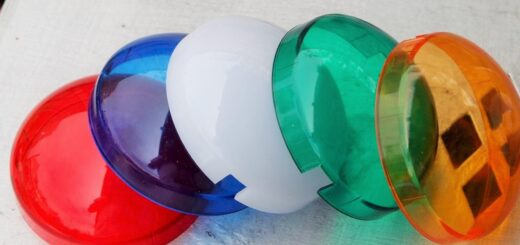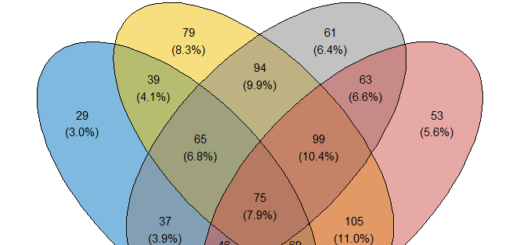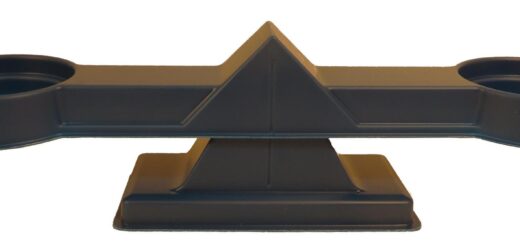Correlation Coefficient p value in R
Correlation Coefficient p value in R, The linear link between two variables can be evaluated using the Pearson correlation coefficient.
This correlation coefficient always has a value between -1 and 1, where:
-1: A perfect inverse linear correlation exists between two variables.
0: There is no linear link between the two variables.
1: A perfect linear correlation between two variables.
You can compute the corresponding t-score and p-value to see if a correlation coefficient is statistically significant.
The following formula can be used to determine a correlation coefficient’s (r) t-score:
t = r√n-2 / √1-r2
The corresponding two-sided p-value for the t-distribution with n-2 degrees of freedom is used to determine the p-value.
You can use the cor.test() function in R to determine the p-value for a Pearson correlation coefficient.
One sample proportion test in R-Complete Guide (datasciencetut.com)
cor.test(x, y)
How to actually use this function is demonstrated in the example that follows.
Compute the p-Value for the correlation coefficient
The p-value for the correlation coefficient between two variables in R may be calculated using the cor.test() function by using the following code:
Set up two variables.
x <- c(710, 718, 920, 187, 884, 486, 491, 174, 283, 585) y <- c(590, 494, 679, 886, 484, 853, 808, 992, 756, 975)
determine the correlation coefficient and associated p-value
cor.test(x, y)
Pearson's product-moment correlation data: x and y t = -3.0109, df = 8, p-value = 0.01679 alternative hypothesis: true correlation is not equal to 0 95 percent confidence interval: -0.9311631 -0.1833776 sample estimates: cor -0.7288512
From the output we can see:
The Pearson correlation coefficient is -0.7288512.
The corresponding p-value is 0.01679.
Two Sample Proportions test in R-Complete Guide – Data Science Tutorials
Given that the correlation coefficient is negative, the two variables must have a negative linear connection.
The association is statistically significant, nevertheless, because the p-value of the correlation coefficient is less than 0.05.
Be aware that we may also use the syntax cor.test(x, y)$p.value to merely retrieve the correlation coefficient’s p-value:
cor.test(x, y)$p.value 0.01678965
The correlation coefficient’s p-value is 0.01678965.
Top 7 Skills Required to Become a Data Scientist (datasciencetut.com)
This corresponds to the p-value in the earlier output.






